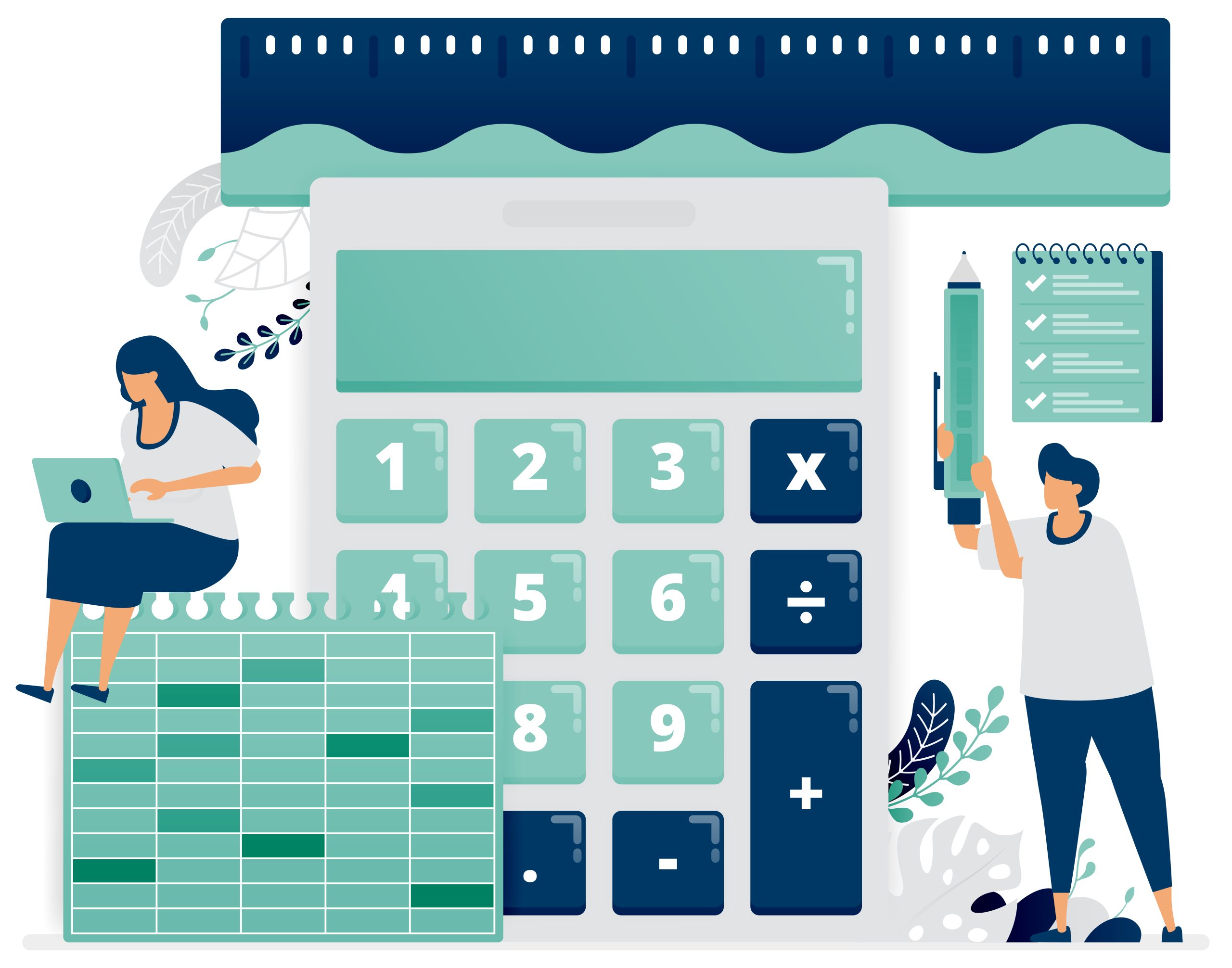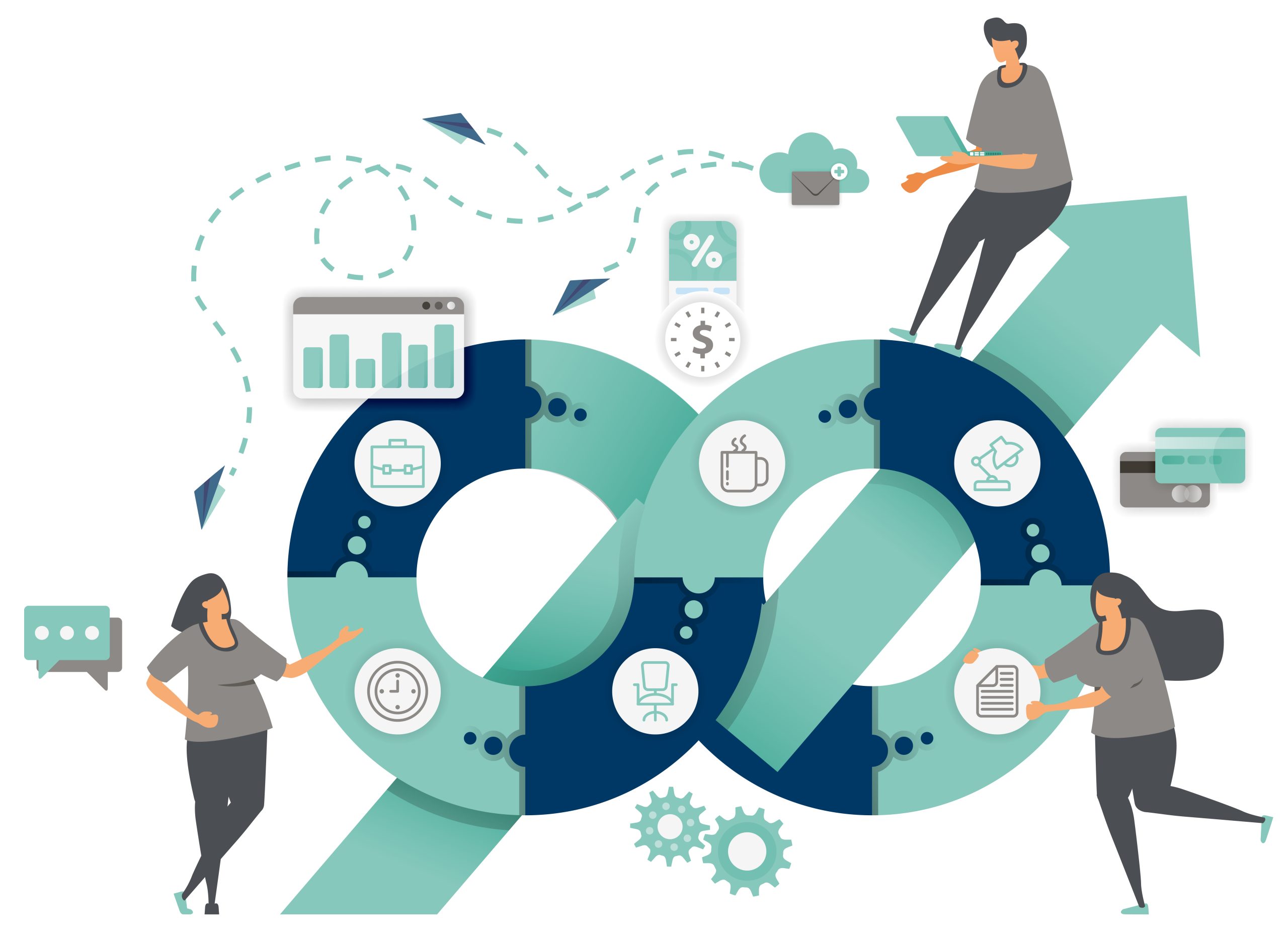5 Benefits of Financial Automation Software For Banking
Blog post
Share
Digital technologies have no doubt made banks’ front-end operations much easier. The convenience of uploading a check via a banking app rather than visiting a brick-and-mortar location has increased the accessibility and ease for consumers.
But why stop at customer-facing solutions? A bank’s back-office accounting operations are just as critical to the success and growth of the organization. Utilizing traditional methods, such as manual processes and spreadsheets, makes scalability and monitoring of the financial close much more difficult. Switching to automation software for the financial close process opens many opportunities and enhances the workflow for all accountants and financial personnel. Here are the five benefits banks can gain from adopting financial automation software.
1. Accelerate Reconciliations
Account reconciliations can be demanding; the end of the close cycle comes with the repetitive process of ensuring all balances reconcile. With endless transactions coming in and out of the bank each day, manual processes—such as spreadsheets—only lengthen the turnaround for reconciliations and extend the time that imbalances and investigations are corrected.

With financial automation software, the time spent posting transactional activities to accurately closing accounts is drastically shortened. Automating the balance sheet reconciliation process takes the headache out of manually correcting and updating hundreds of spreadsheets. Instead of several days or weeks being allocated to a portion of the financial close, the turnaround for reconciliations is accelerated, keeping all financial employees on top of the close.
2. Streamline the Close Workflow
Automation can streamline your organization’s workflow by taking over the routine work and leaving the larger, more complex tasks in the hands of accountants. Instead of spending two to three weeks gathering all spreadsheets and documents, and pushing tasks through the review and approval process, you could shrink the time spent on the financial close cycle by up to 50%. Financial automation allows employees to handle a more manageable workload by eliminating the need to manually match and balance transactions. Having a streamlined financial close process grants accounting personnel more time to focus on the exceptions while complying with strict standards and regulations.

Manual processes also make it difficult to oversee any changes and track the status of the financial close. Incorporating task management software allows individuals the ability to monitor tasks, add comments, and supervise the completion of the financial close. Following the intricate process at hand not only allows managers to track close progress and performance of employees but establish clear lines of communication that are needed to streamline the financial close.
3. Reduce Human Error
Human error is essentially inevitable. Our eyes are not trained to spot every single inconsistency on a detailed list of numbers and accounts. Multiply the number of transactions, and the level of accuracy can quickly plummet when reconciling balance sheets. The simplest errors that occur early on in the reconciliation process, whether from an ERP software transfer or a miscalculation, can lead to substantial implications such as financial losses or an overestimation in profit margins.

Instead of waiting for mistakes and their possible consequences to happen, your organization can drastically reduce the number of errors, imbalances, and more by automating the balance sheet reconciliation process. Catching minor mistakes prevents them from compounding into inaccuracies further along.
4. Enhance Flexibility
Unprecedented changes in the economy and industries lead to shifts within financial institutions. As more banking and financial operations switch to a primarily digital, remote environment, the need for financial automation becomes more apparent. Manual processes are not only difficult to update and track across organizations but can be difficult to navigate when adjustments are made to new workflows.

With an effective task monitoring solution, individuals can quickly adapt to changes in tasks due to unexpected circumstances, recently hired employees, or reassignment in roles. Instead of having to rely on in-office computers to get your job done, you can access and complete the financial close in any remote location. Take the guesswork out of what’s next in the balance sheet reconciliation process and avoid having to backtrack across endless spreadsheets. A more efficient workflow and added flexibility lead to a shorter turnaround in the completion of your financial close.
5. Reduce the Level of Risk
Inaccurate financial reporting can have a significant negative impact on a bank’s operations. Add in regulations and strict compliance standards, and the wiggle room for inaccuracies dramatically decreases. Repetitive discrepancies can result in damage to reputation and lead to non-compliance and fraud if not addressed and corrected outright. By automating certain tasks within the financial close process, the risk for human error is decreased and the level of accuracy increases, effectively mitigating potential write-off risk.

Instead of relying on risk-laden manual processes and spreadsheets, financial automation software provides effective risk management strategies by minimizing human error and automatically producing an audit trail for internal and external auditors to easily review and evaluate.
“[Adra] Task Manager and [Adra] Balancer allow us to easily track our journal entries, our reconciliations, who’s responsible for what, and then who reviews and approves it along with comments. So when we go through our audit, it is super easy to track everything.” -Genesis Systems, Adra by Trintech Customer
To learn more about Genesis Systems, their close challenges, and how Adra helped their accounting teams evolve to a more modern process, download the case study.
Written by: Alex Clem







